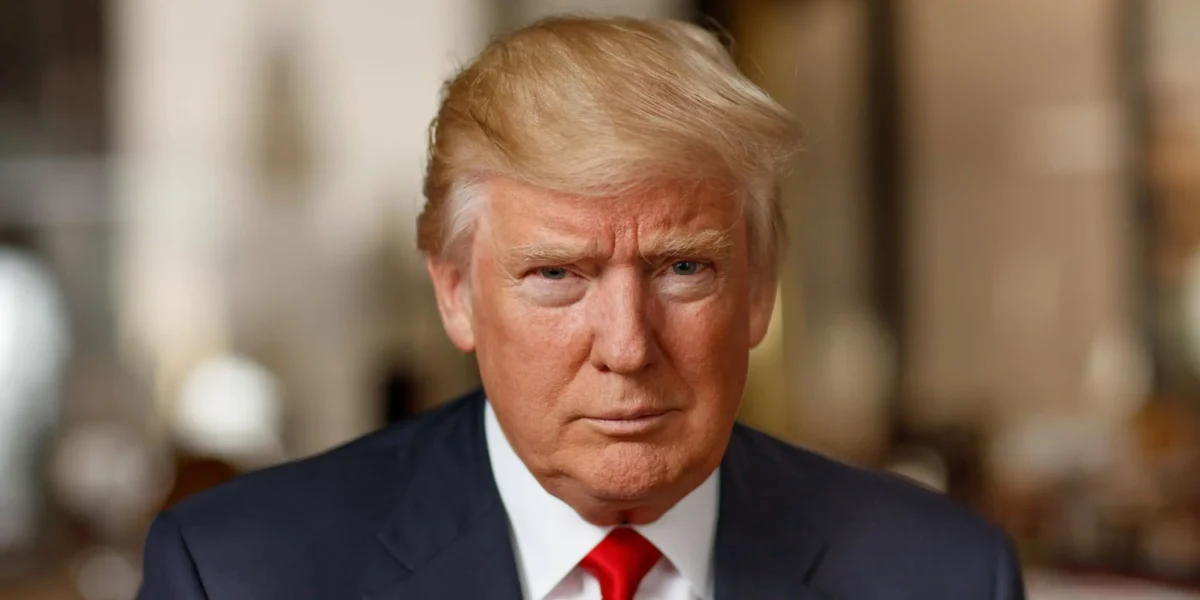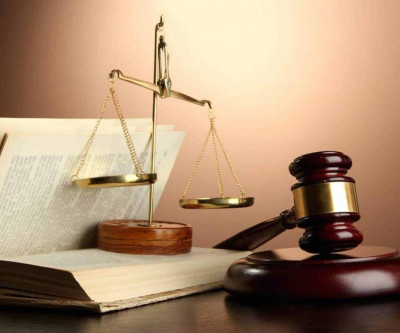Latest Ads
-
Jasmine Jewel
Call
-
Omidan group
Call
-
Amir Madanpour
Call
-
Dimo studio
Call
-
Yorkacademy
Call
-
Maryambagheri
Call
-
Shishlix Restaurant
Call

Trump to ask U.S. Supreme Court to save tariffs but faces tough legal questions
Donald Trump is pushing ahead with his global tariffs, even after Canada said it would lift the retaliatory tariffs under the CUSMA agreement. The US president now plans to ask the conservative-dominated Supreme Court to uphold his sweeping emergency tariffs, a move that comes after two consecutive defeats in lower courts.
Legal and business experts say the 6-3 Republican-appointed Supreme Court could boost Trump’s chances of keeping the “reciprocal” fentanyl-related tariffs in place. However, last week a federal appeals court ruled 7-4 that the tariffs were unconstitutional.
On Tuesday, Trump said his administration was seeking an urgent ruling from the Supreme Court, warning that the US economy would be “devastating” if the tariffs were lifted. The tariffs were imposed under the International Emergency Economic Powers Act (IEEPA), but the appeals court stressed that the law does not give the president unlimited authority to impose tariffs, and does not even mention it.
The ruling is a significant setback for Trump, who has tried to reshape the global economic order in America’s favor by declaring national emergencies and imposing tariffs since taking office. Trump has won several Supreme Court victories, including in cases over deportations and a ban on transgender people serving in the military.
Senior administration officials, including Treasury Secretary Scott Besant, remain hopeful that the Supreme Court will accept the use of IEEPA to justify the tariffs. However, if it fails, the White House is considering other legal options. The tariffs will remain in place until at least October 14, when the government has time to file an appeal.
The “big questions” doctrine is being tested
The Trump administration argues that the IEEPA allows the president to “regulate” or even block imports in an emergency. But the real question is how broad that authority is.
Legal experts say the case will be a test of the “big questions” doctrine, the principle that if Congress wants to grant it the authority to make major economic or political decisions, it must do so explicitly in the law. The same principle was used against Joe Biden in 2023, when the Supreme Court ruled that his student loan forgiveness was unconstitutional because of its wide-ranging effects. In its recent ruling, the appeals court also emphasized that the economic effects of Trump’s tariffs went even further than that.
A fateful decision for global trade
However, the Supreme Court has always tended to give the president more authority on matters related to foreign policy and emergencies, which could work in Trump’s favor in this case.
His administration has also launched other tariff investigations under different laws, including Section 232 of the Trade Expansion Act of 1962, which focuses on national security, and Section 338 of the Smoot-Hawley Tariff Act of 1930, which allows the president to impose tariffs of up to 50 percent on imports from countries that discriminate against the United States.
If the IEEPA tariffs are repealed, the administration will face a major challenge: repaying billions of dollars in tariffs. As of Aug. 25, more than $65.8 billion in tariffs had been paid into the U.S. Treasury.
White House lawyers were busy reviewing the appeals court ruling over the Labor Day holiday, and an appeal to the Supreme Court is expected soon, sources familiar with the matter said. A final decision is likely to be issued in early 2026.
Source
Suggested Content
Latest Blog
Login first to rate.
Express your opinion
Login first to submit a comment.
No comments yet.


































